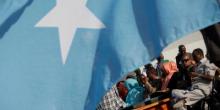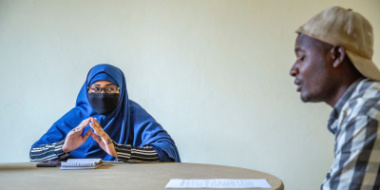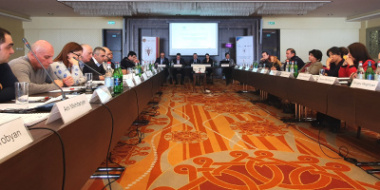Enhancing the capacity of legal professionals
After 20 years of civil war, Somalia remains in the grip of a major human security crisis, with violence and widespread poverty. To address the justice needs of the people of Somalia, particularly members of vulnerable groups, IDLO is working to build the capacity of the private bar to adequately represent clients’ interests and rights in the justice system.

















